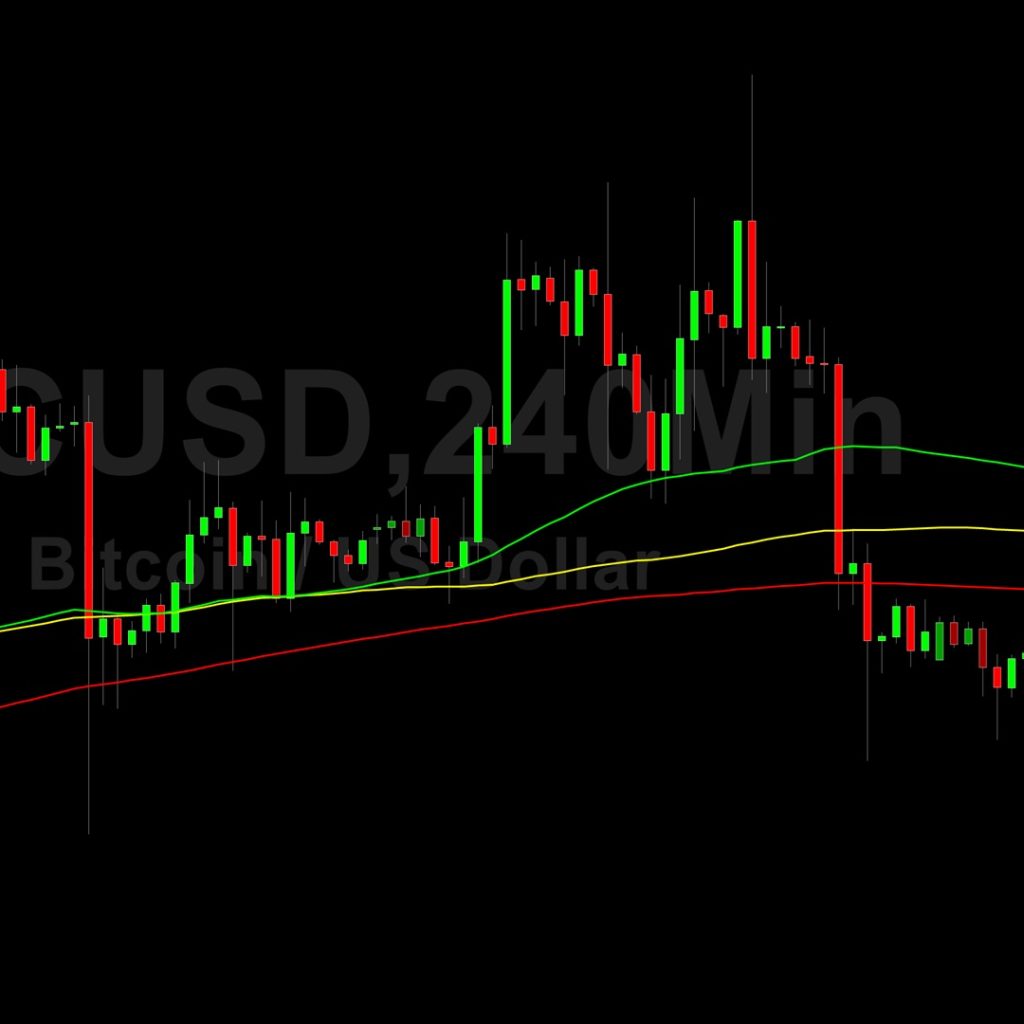Uniswap, the popular decentralized exchange (DeFi), is stepping up its commitment to user security following a significant legal victory, and a recent announcement opens its next prospects to boost its protocol's security.
Last week, Uniswap was cleared of any liabilities linked to actions on its platform carried out by malicious actors. The landmark court decision, which was widely lauded in the industry, comes at a time when the security of DeFi platforms is under increasing scrutiny. The sector has seen nearly $700 million siphoned off in hacks since the start of 2023.
To fortify its security posture, Uniswap has rolled out an official bug bounty program designed to incentivize the responsible disclosure of security vulnerabilities. Rewards for identifying these vulnerabilities can go as high as 2.5 million USDC, a stablecoin pegged to the U.S. dollar. The size of the reward is determined by the severity of the identified bug, an approach aligned with best practices in cybersecurity.
Uniswap is the most trusted name in DeFi — but we don’t do it alone!When we launch a new smart contract, there's a bug bounty program that goes with it ? This rewards people to dig into the code & report bugs instead of exploiting them ?Learn more ?https://t.co/gR4w57HSbu
— Uniswap Labs ? (@Uniswap) September 2, 2023
Uniswap's bug bounty program takes a comprehensive approach to security. It covers vulnerabilities and bugs in any of the smart contracts that Uniswap has deployed, which can be found across multiple GitHub repositories, including Universal Router Contract Code and V3 Contract Code, among others. Even if a security issue is discovered in a contract outside these repositories, Uniswap will still consider it 'in-scope' if it puts user funds at risk.
Bug Bounty Mechanics
To further nuance the program, Uniswap has developed a four-tier severity scale. At the top are critical issues—those that could significantly affect numerous users and come with severe reputational, legal, or financial consequences. Next are high-severity issues that pose moderate risks, often affecting individual users. Medium-severity issues are seen as carrying a relatively smaller risk that doesn't threaten user funds, while low-severity or informational issues don't pose an immediate risk but are still relevant for maintaining best security practices.
The merticulous structure of Uniswap's program reflects an industry-wide push to safeguard DeFi platforms, many of which have fallen victim to hacks and fraud. Ethical hackers are encouraged to submit their discoveries to a designated email address operated by Uniswap Labs, the team behind the exchange. Submissions must include enough information to allow engineers to reproduce and fix the vulnerability. Notably, vulnerabilities must remain confidential until they have been fully resolved.
Uniswap's legal win may have set a precedent for how courts view the responsibilities of decentralized platforms, but it has also heightened awareness around security vulnerabilities in the DeFi space. With its bug bounty program, Uniswap is leading the way in incentivizing ethical behavior, promoting responsible vulnerability disclosure, and enhancing the overall security of decentralized finance.
Disclaimer: This article is provided for informational purposes only. It is not offered or intended to be used as legal, tax, investment, financial, or other advice.





